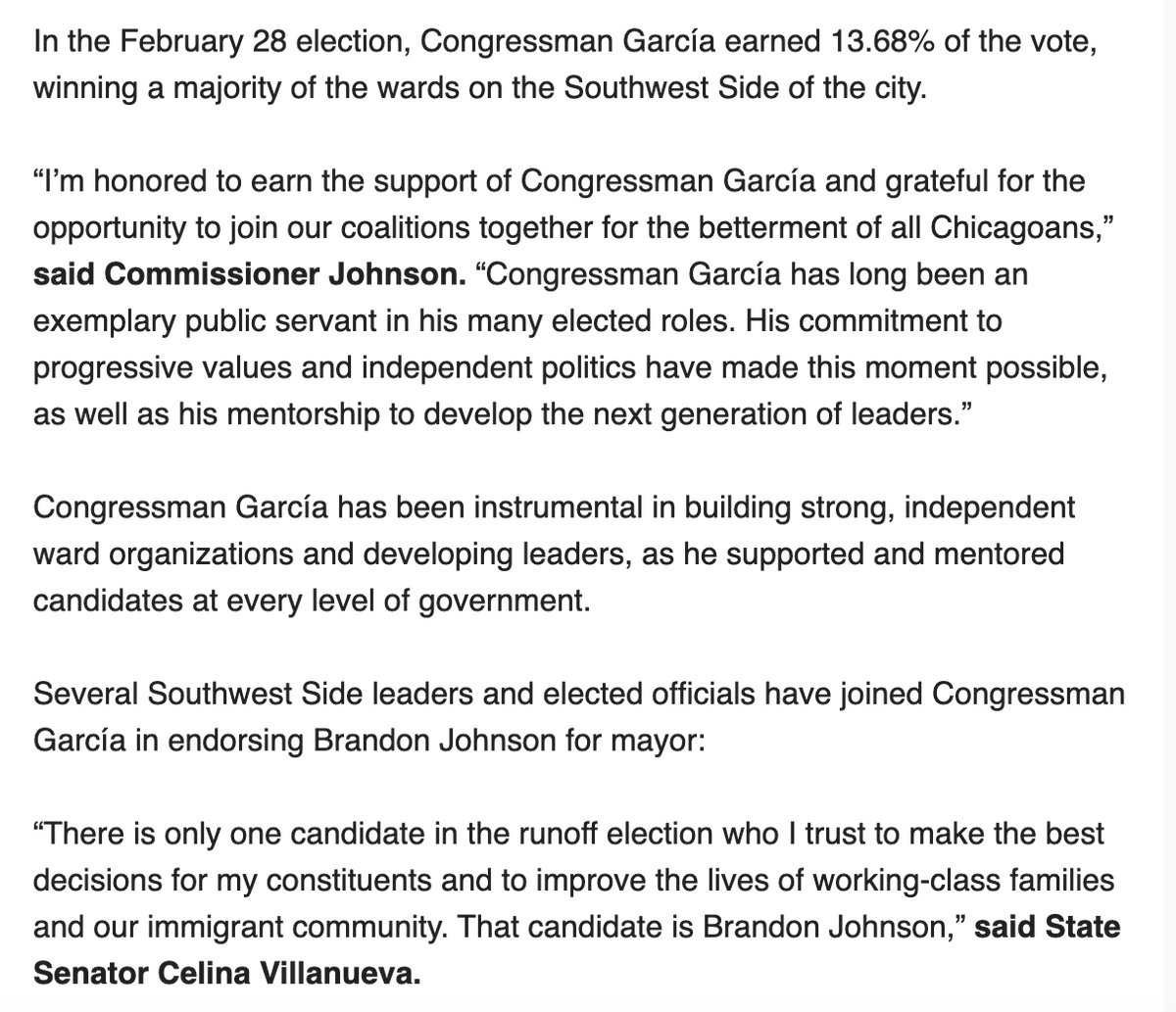New from @Robillard and me: A look at how, over a few years, the new antitrust crusaders gained traction in both parties, and won the support of Joe Biden from "the corporate state of Delaware."
huffpost.com/entry/how-joe-… via @HuffPostPol
huffpost.com/entry/how-joe-… via @HuffPostPol
Some news: @barrywlynn of @openmarkets says getting influence was "like pushing a boulder up the hill" until Elizabeth Warren reached out for a meeting. Lynn brought Teddy Downey, Lina Khan and Jonathan Kanter.
Warren gave a speech afterward that put the movement on the map.


Warren gave a speech afterward that put the movement on the map.



“People were waking up every day with bruises all over their bodies. We helped them see the fist,” @barrywlynn of @openmarkets. 

This is the ultimate story in "inside" activism. Rather than marches and stump speeches, the antitrust advocates wrote op-eds, legal notes and books, and held influential meetings -- all with the goal of exposing the damage wrought by "the misguided philosophy of Robert Bork." 

Historical events pushed things along:
-- 2016 election took the shine off Big Tech for Dems
-- Google booting Open Markets from New America made a laughingstock of "don't be evil" motto
Re the latter: “It showed that Big Tech is no different than Big Tobacco," @matthewstoller
-- 2016 election took the shine off Big Tech for Dems
-- Google booting Open Markets from New America made a laughingstock of "don't be evil" motto
Re the latter: “It showed that Big Tech is no different than Big Tobacco," @matthewstoller
Trump talked a good game on antitrust, speaking out against the AT&T and Time Warner merger as a candidate. But his DOJ failed in their case against him.
And -- something I didn't know previously -- Rob Porter, the aide who resigned after a year amid domestic abuse charges, had been the point person on coordinating antitrust policy across agencies. 

Still, the antitrust reformers' openness to, and communication with Republicans and conservatives has been a key to their success.
“They’re pretty savvy,” a GOP Senate aide said.

“They’re pretty savvy,” a GOP Senate aide said.


It hasn't hurt that now the political right also feels persecuted by Big Tech.
Behold Amazon's shuttering of Parler.
“This kind of stuff does breed a real enmity culminating in a desire for antitrust action ― taking a hammer to Amazon and smashing it to pieces," @emeriticus

Behold Amazon's shuttering of Parler.
“This kind of stuff does breed a real enmity culminating in a desire for antitrust action ― taking a hammer to Amazon and smashing it to pieces," @emeriticus


More news: After Biden's win, @barrywlynn sent an essay he wrote about how Biden can change the country through antitrust to a couple dozen people in Biden's circle.
“In the Obama administration, how many people could we send it to? There was nobody,” Lynn said.

“In the Obama administration, how many people could we send it to? There was nobody,” Lynn said.


Cutting room floor: Lynn said that of the major Democratic presidential candidates, only Harris's team was unresponsive to requests for a meeting.
Buttigieg's team met with them, but he didn't end up embracing the ideas.
Buttigieg's team met with them, but he didn't end up embracing the ideas.
But plenty of Biden aides seen as being in the corporate-friendly New Democrat mode, such as Bruce Reed and Brian Deese, are now viewed as allies of the antitrust movement.
Cutting-room floor: The absence of Larry Summers, who hasn't embraced the new antitrust movement, has been key.
“One important part of this is that they don’t listen to Larry Summers,” @matthewstoller said. “He’s always been on the side of concentrated wealth and power.”
“One important part of this is that they don’t listen to Larry Summers,” @matthewstoller said. “He’s always been on the side of concentrated wealth and power.”
Even liberals credit Josh Hawley for forcing Merrick Garland to deny that Susan Davies, who has represented Facebook, was his pick to lead the antitrust division. 

Biden has helped translate the academic speak into something people understand.
“An economist would call that monopoly power expressed through contractual practices,” a White House official said. “But I think President Biden would just call it ‘screwing the middle class.’”

“An economist would call that monopoly power expressed through contractual practices,” a White House official said. “But I think President Biden would just call it ‘screwing the middle class.’”


Family farm advocates are even cautiously optimistic about Ag Secretary Tom Vilsack, who appointed CAP fellow Andy Green to a top post. 

Still, the six Big Tech bills that Reps. Cicilline (D) and Buck (R) have advanced out of committee have an uncertain fate on the House floor. There is bipartisan resistance.
And Robert Bork Jr. is mounting the intellectual counter-offensive.

And Robert Bork Jr. is mounting the intellectual counter-offensive.


“Success is a world in which we don’t talk about [Amazon founder] Jeff Bezos every day,” @barrywlynn of @openmarkets said. “He’s less powerful. He’s less important. We don’t care about him.”
• • •
Missing some Tweet in this thread? You can try to
force a refresh















